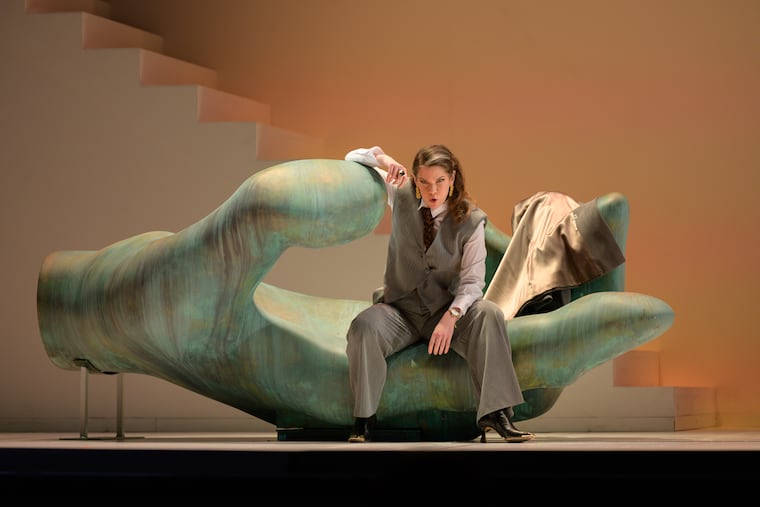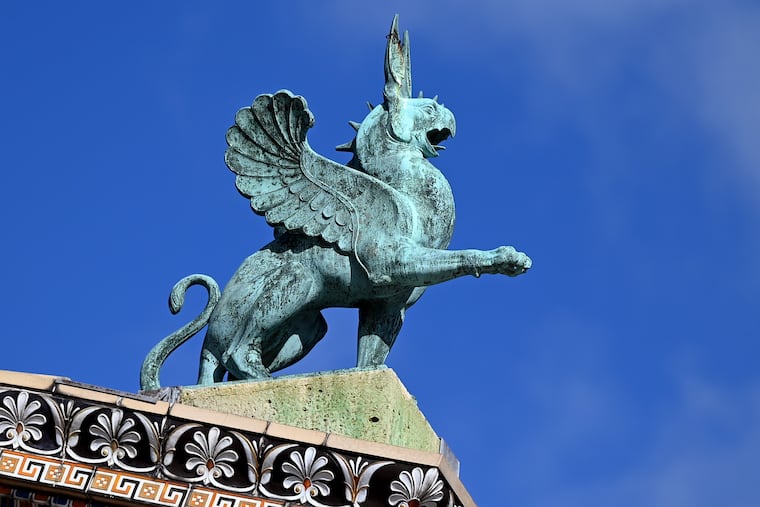Opera Philadelphia seeks annual holiday production similar to The Nutcracker.
Opera Philadelphia recently unveiled its 2025-26 season, sparking discussions about the future of this venerable institution in the city. The company is set to double its number of performances, which is a promising development, yet the upcoming lineup features no well-known operatic works, raising questions about audience engagement and sustainability.
The absence of classic operas from the repertoire is notable, as the season omits widely recognized names like Puccini, Verdi, and Mozart. Only one work by Rossini, Il viaggio a Reims (The Journey to Reims), is included—a piece so obscure that it has never graced the stage of the Metropolitan Opera. In a bid to attract audiences, Opera Philadelphia is banking on its innovative pricing model, which offers tickets starting at . The sale of single tickets will commence on Thursday, and the organization hopes to achieve full houses for its performances.
However, the long-term viability of opera in Philadelphia may depend not only on price but also on the inclusion of familiar titles that resonate with a broader audience. Operas characterized by memorable melodies and well-known narratives are essential for cultivating a loyal fanbase capable of sustaining the art form in the city.
An area of potential growth for Opera Philadelphia lies in children’s programming, something the company has largely neglected. Developing productions aimed specifically at young audiences could serve as a gateway to opera, much like the ballet adaptation of The Nutcracker has achieved. This ballet has successfully captivated audiences through its accessible storytelling and enchanting music, providing a substantial source of revenue for many dance companies.
The idea of creating an annual holiday-themed opera production targeted at children is intriguing. Had Opera Philadelphia initiated such programming two decades ago, it might have fostered a new generation of opera enthusiasts, encouraging lifelong attendance.
As Opera Philadelphia embarks on a new chapter under the leadership of General Director Anthony Roth Costanzo, it appears poised for transformation. Critics and audiences alike are eager to see how the organization will balance innovative new works with the classics that form the foundation of the opera repertoire.
Despite generational shifts that may have diminished the public’s familiarity with traditional operas, the power of works by composers such as Puccini and Verdi remains undiminished. Operas like Carmen and Norma still elicit strong emotional responses, reinforcing the importance of maintaining connections to these masterpieces.
To cultivate a future audience, Opera Philadelphia could consider programming engaging and memorable pieces such as Humperdinck’s Hänsel and Gretel, which has proven effective as an introduction to opera. Producing accessible versions of operas could mirror successful initiatives seen in other artistic sectors and ensure that the beauty and emotion of opera resonate with new generations.
As the company contemplates its future, it confronts the challenge of retaining its historical significance while evolving to meet contemporary audience expectations. By exploring new avenues and engaging with younger demographics, Opera Philadelphia can embrace a model that marries tradition with innovation, ensuring its relevance for years to come.
Such strategies can enhance not only the audience experience but also secure opera’s place in the cultural fabric of Philadelphia. As Opera Philadelphia navigates these changes, it has the potential to redefine its identity and reaffirm its role as a cornerstone of the arts in the city.







